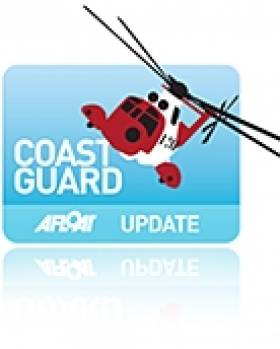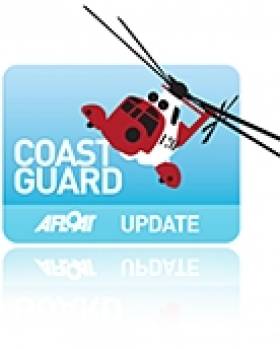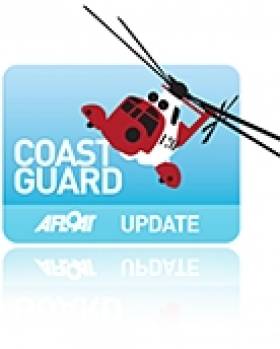Displaying items by tag: cutbacks
'Grave Consequences' If UK Coastguard Stations Close Says Union
Union leaders and seafarers have spoken out over the proposed closure of coastguard stations across the UK as a parliamentary committee begins its inquiry into the cutbacks.
Northern Ireland's only full-time search and rescue centre at Bangor is one of 11 stations under threat of closure under plans spearheaded by Shipping Minister Mike Penning to streamline Britain's coastguard network down to just seven bases.
According to the Belfast Telegraph, officials from mariners' union Nautilus International told MPs at the Commons Transport Select Committee that there should be an "absolute minimum" of 11 stations across the UK, lest there be "grave consequences for safety in UK waters".
British Prime Minister David Cameron has promised to rethink the proposed reforms if they pose any threat to safety at sea. The Labour Party has already branded them as "ill-thought-out madness".
The public consultation on the proposed changes is set to close on 5 May.
NI Coastguard Centre Faces Scale Back, Possible Closure
The UK's shipping minister has announced proposals that would see a reduction in operational hours or even the closure of Northern Ireland's coastguard command centre.
Earlier this week news emerged that the rescue command centre at Bangor was under threat by public spending cuts.
Now the News Letter reports that Minister Mike Penning's proposals would see only three 24-hour coastguard stations across the UK - in Aberdeen, Southampton and Dover - with five sub-centres operating in daytime hours, one being based either at Bangor or Liverpool.
Campaigners have voiced their opposition to any reduction in Northern Ireland's local coastguard service. North Down independent MP Lady Sylvia Hermon told the News Letter that it was vital a well trained and equipped service was retained in the area.
NI Coastguard Centre May Face Closure
Public spending cuts in the UK could see the closure of Northern Ireland's only coastguard rescue command centre, the News Letter reports.
The coalition government is expected to announce phasing out of a number of the UK's 19 coastguard centres - and a member of the NI Coastguard said that "Bangor is certainly under threat".
The command centre in Bangor oversees coastguard operations along the entire coastline from Lough Foyle to Carlingford Lough, and has handled more than 700 incidents so far in 2010.
The staff member added: "The coastguard here in Northern Ireland is already over-stretched, and we firmly believe that the closure of our centre in Bangor will have a serious and detrimental effect on our ability to respond to emergencies here."
Margaret Elliot - the mother of teenage drowning victim James Elliot, who died in the flood-swollen River Bush in Co Antrim last year – has described the proposed cutbacks as "absolutely disgusting".
"We simply cannot allow this essential service to be threatened in any way. Saving money should never be a factor when it comes to saving lives," she said.
The News Letter has more on the story HERE.































































